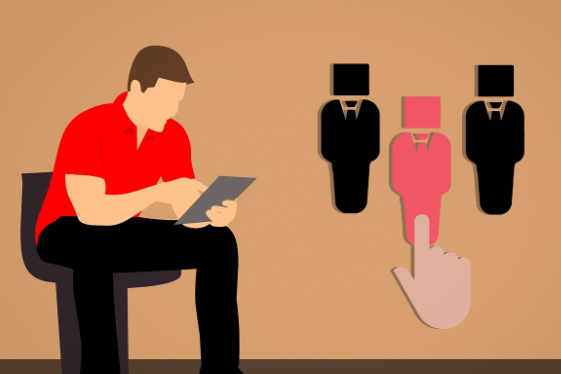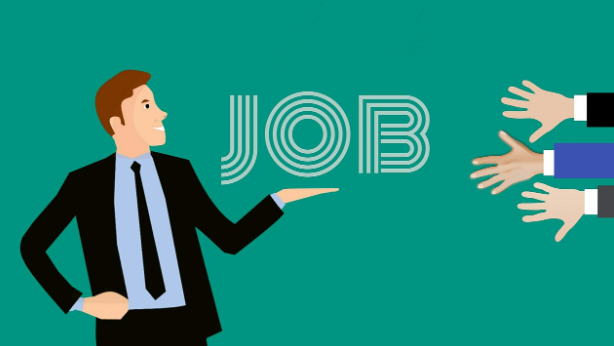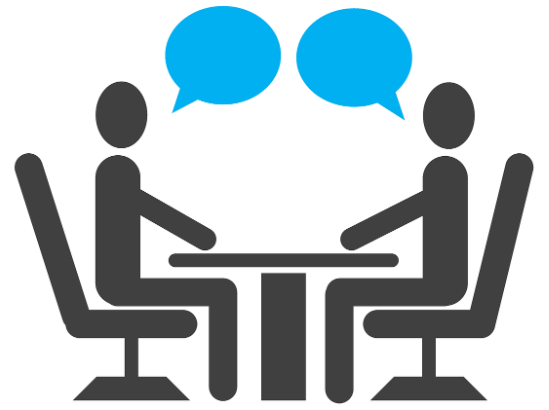The recruitment process has changed a lot over the years, even more so with the rise of technology and a more “digital” way of communicating with potential employees prior to scheduling the interview itself. Interestingly, there is no cookie-cutter solution for hiring the best candidate, as the recruitment process that works for, say, your competitors, might be completely wrong for your company’s culture and processes. What’s more, the entire thing tends to be quite circumstantial, so you need to employ the right hiring process according to the situation, the person, and the job position.
Some job positions might require nothing more than a one-off, in-person interview, while other roles that are higher up in the hierarchy might require multiple interviews involving numerous follow-ups and a number of industry experts as decision-makers. Here are some common interview types, and how and when to use them to reach the right decision every time.
Face-to-face interviews
The in-person interview is the most common method of getting to know the applicant, assessing their skills and experience, and it is most suited for lower-tier roles. Whether it’s you conducting the interview or a member of your HR staff, it’s important to keep in mind that there is plenty of room here for error, so you need to exercise caution. Make sure that there is no bias involved and that the interviewer remains completely impartial throughout the process.
In-person interviews are time-consuming as well, so they are best suited for positions where you don’t get a lot of applicants. For example, job positions that have a single manager or handler, and do not entail too many responsibilities are excellent for this type of interview.
Multiple interviews and stages
On the other end of the hiring spectrum, you have the multi-stage interview – a process that requires the applicant to go through numerous stages and talk to numerous key actors in your company in order to qualify for the position. There are a number of ways you can run this process, ranging from single-day interviews to meetings that last several days or even a couple of weeks, it will all depend on the nature of the job and the size of your company.
Single-day interviews can be used to assess the applicant’s ability to withstand a vigorous vetting process, as well as their ability to work in a fast-paced, even stressful environment. On the other hand, spreading the process out over a period of several days or weeks can give your interviewers ample time to review the applicant’s performance at each stage, and prepare accordingly in order to provide the best hiring experience possible – for the company, and the individual.
Recruiting through an agency
A popular trend in recent years is to find the right potential employees through specialized agencies that not only manage this type of talent but also prepare the prospects for their interviews. What these agencies do is they source talent and prep applicants to showcase their skillset and personalities in the best possible light, which benefits both parties. This is a hiring trend that has skyrocketed in Australia, and especially in terms of hiring more people with a disability, as companies are starting to implement more inclusive hiring practices in this region.
In Australia, providers such as atWork Australia work alongside individuals who have a disability, an illness, or an injury, and in order to prepare them properly for the application, interview, and workplace integration. Such agencies connect employees to the best employers in the country, in order to expedite the hiring process for both parties, but also make it more effective with their support. Following this example, consider sourcing applicants through these types of agencies in order to find the right employee quickly, and expedite the hiring process.
The panel interview
Unlike the in-person interview and even the multi-stage interview, panel interviews require numerous brand executives and managers to be present in order to interview the applicant as a group. You can use it to speed up the hiring process and collect information quickly with your colleagues to reach a better decision together, but also make the process easier on the applicant.
However, one of the biggest advantages to panel interviews is the elimination of bias, which will allow your team of panelists to reach the best possible decision for your company. A panel interview is a good choice if you’re a part of a startup with multiple investors, founders, and executives, but it’s also a good choice if the candidate is applying for an important role in your company.
Interviews outside of the workplace
Every manager, recruitment officer, and HR specialists handling talent acquisition has asked themselves whether or not they should conduct the interview outside of the office. To answer this question, you will need to assess the position the applicant is applying for, and what you hope to achieve with an off-site interview.
For example, this is one of the best ways to get to know the individual in person, and it’s usually a great idea if you’re looking to acquire strategic partners or top-tier executives. On the other hand, this will prevent the applicant from getting to know your company and its culture, so make sure to portray your brand in the best possible light during the meeting.
Recruiting top talent in the 21st century can be a complicated and costly process, especially if you’re unsure how to find, handle, and interview your prospects. Let these tips shape your recruitment strategy and help you bring the best of the best to your brand.

















